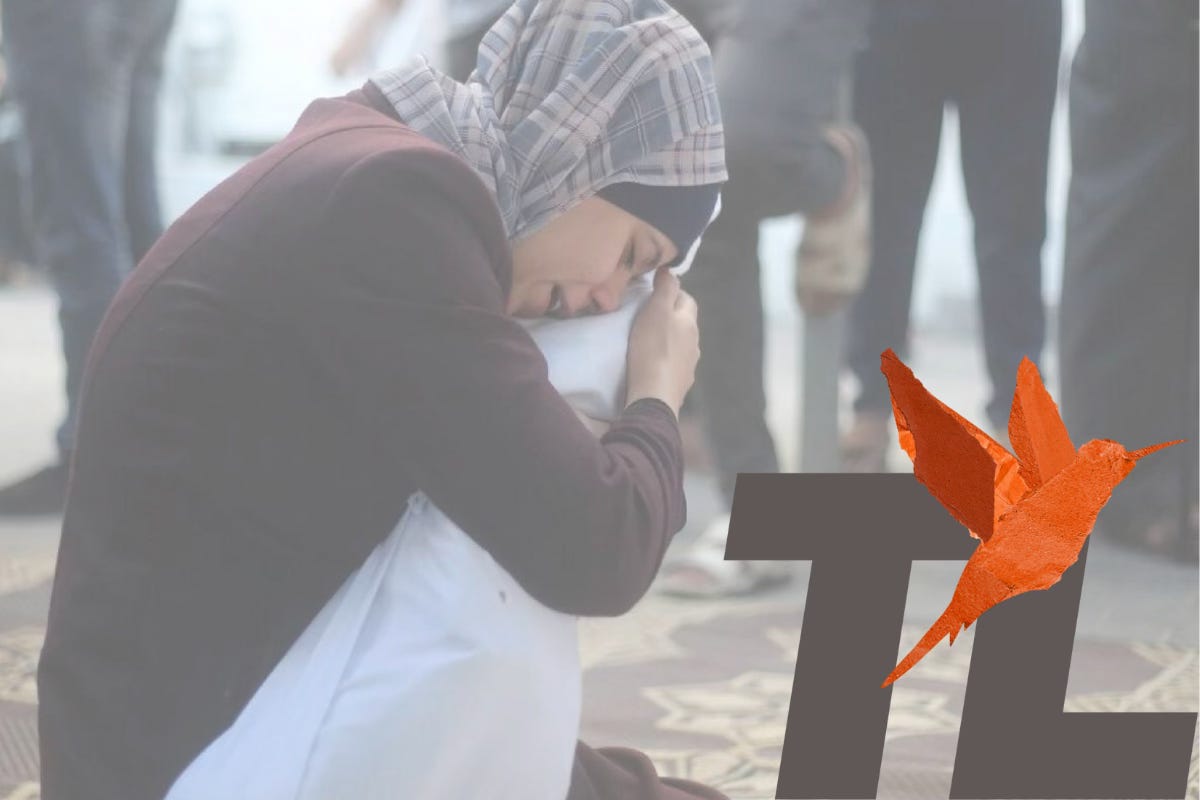For the Mothers of the Marginalized
"The Georgia men are grabbing men and women and children on their way to their labor. The Georgia men are separating those to be sold…There is a sinking at the heart of me, a whirlpool sucking down and down. Surely the earth is opening to us. Surely this terrible world is swallowing me. I grab my mama's wrists, sinewy as corn sheaves, and howl.
'Mama," I say.
'I'll always be with you,' my mama says, and No she not, I think, no she not…."
One of the most heart-wrenching scenes, and there are, rightly, plenty, in Let Us Descend, occurs early in the text. For mothers of the marginalized, the emotion and weight of it resonate as current, as if we witnessed this scene yesterday. And haven't we?
Still, we live with the reality that the conditions on the plantation are never far away today. While this scene is told in Annis's voice, I reflected on what her mother, Sasha, must have felt.
In her attempts to save Annis from being sexually assaulted by her master, her own father, Sasha faces the ultimate consequence: being sold down South. I imagined her feelings when she is stripped of the physical proximity of her child and her deep knowing that she was also being stripped of her ability to offer whatever protection she could devise for her daughter in a world that doesn't see them as human. The text shows these feelings as we witness Sasha’s creative, beautiful, but also somewhat desperate desire to equip Annis with skills to protect herself against a brutal world.
"You don't need this ivory or them spears. In this world, you your own weapon."
It is impossible not to see in Let Us Descend and the emotions it illuminates how much it echoes the scenes tearing at our souls as we witness a genocide. After 172 days, the images of death and despair have become too numerous to count or make sense of. The horror at the unending repetition. But for all of us, some scenes stick in our brains, haunting, haunting.
She was everything to me, she was my mother and my sister and my friend. Life without her has no meaning. Ramadan is coming ... without my mother. Then Eid .. without my mother. Nobody can feel what I'm going through. I have a right to have a mother ... a right to live with my mother.
When I saw this post on Aljazeera, my thoughts instinctively went to this Palestinian child's mother. I imagined that her feelings in life must have been like those of Annis's mother, Sasha. One of the things mothers of the marginalized fear most is leaving their children without their protection. And I wept at the realization that for the mother of this Palestinian child, that fear had come true.
The thought of leaving a child to exist in a world intent on the extermination of, yes, their bodies but also their spirits is a special kind of terror. The ever-present fear mothers experience in a world that sees them and their children as disposable, it's important to name this.
In the post-Trayvon Martin years, this special terror that Black mothers (and fathers) experience was openly shared. And yet, it wasn't new. This was the same fear passed down through generations of Black families since the period of enslavement. And as this current genocide has taught so many of us, it is the same fear that has been passed through generations of Palestinians suffering under a brutal occupation that began decades before the genocide.
A mother's love is a mother's love, is a mother's love the world over. That love flows unending, fear be damned, and is no different in Palestine, Haiti, Sudan, the Congo, El Salvador, Venezuela, Guatemala, Honduras. Everywhere Empire has asserted its dominance and created oppression. For these mothers, for these children, for all of us, we must resist and demand abolition and an end to the white supremacist, capitalist, imperialist structures that cause mothers of the marginalized to experience a special terror at its hands.
And whether one is a mother or not, we must understand that those same hands are open to strangling all of us.
Abolition now. Liberation for all.
We hope you’ll join us for our monthly zoom meeting to discuss Let Us Descend and all the connections you’ve made between this work and our abolitionist dreams today. Join us on Wednesday, March 27th, at 6:00 PM Eastern. We hope to see you there!




